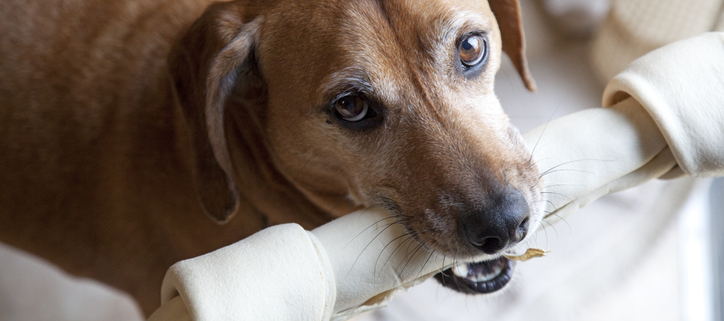Understanding Canine Allergies: The Risks of Rawhide for Sensitive Dogs
While rawhide chews are a popular choice for many dog owners as a way
to keep their pets entertained and promote dental health, they can
pose a significant risk for dogs with allergies. Rawhide is derived
from the inner layer of cow or horse hides, and it undergoes a process
of cleaning, drying, and shaping before being sold as a chew toy.
However, this process can leave behind traces of harmful chemicals,
including preservatives and dyes, which may trigger allergic reactions
in sensitive dogs.
Allergic reactions to rawhide can manifest in various ways, including
itching, swelling, redness, hives, and gastrointestinal upset. In
severe cases, dogs may experience difficulty breathing or anaphylaxis,
a life-threatening allergic reaction requiring immediate veterinary
attention. Additionally, some dogs may develop allergic reactions to
specific proteins found in rawhide, further exacerbating their
symptoms.
For dog owners with pets prone to allergies, it’s essential to be
vigilant when introducing new toys or treats into their routine.
Instead of rawhide chews, consider safer alternatives such as natural
rubber toys, nylon chews, or dental treats made from easily digestible
ingredients. Always monitor your dog closely when giving them a new
chew toy or treat, and consult with your veterinarian if you suspect
they may be experiencing an allergic reaction. By prioritizing your
dog’s health and well-being, you can ensure they enjoy a safe and
comfortable life free from the risks associated with allergens like
rawhide.



